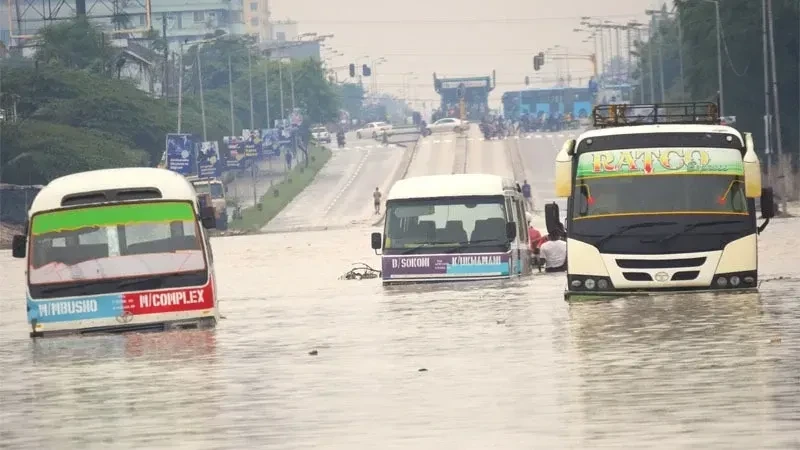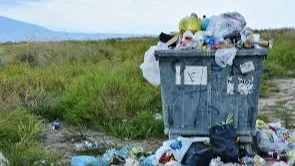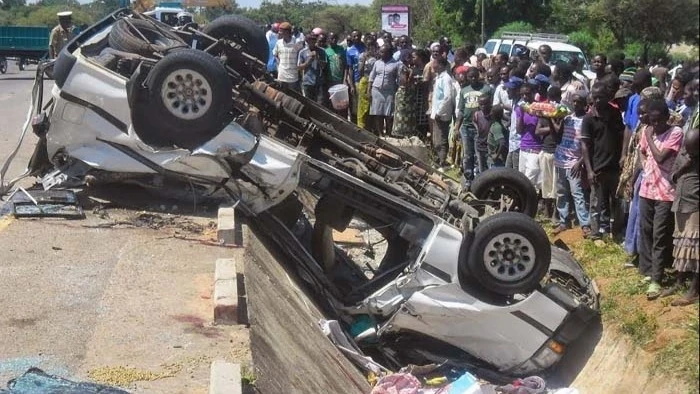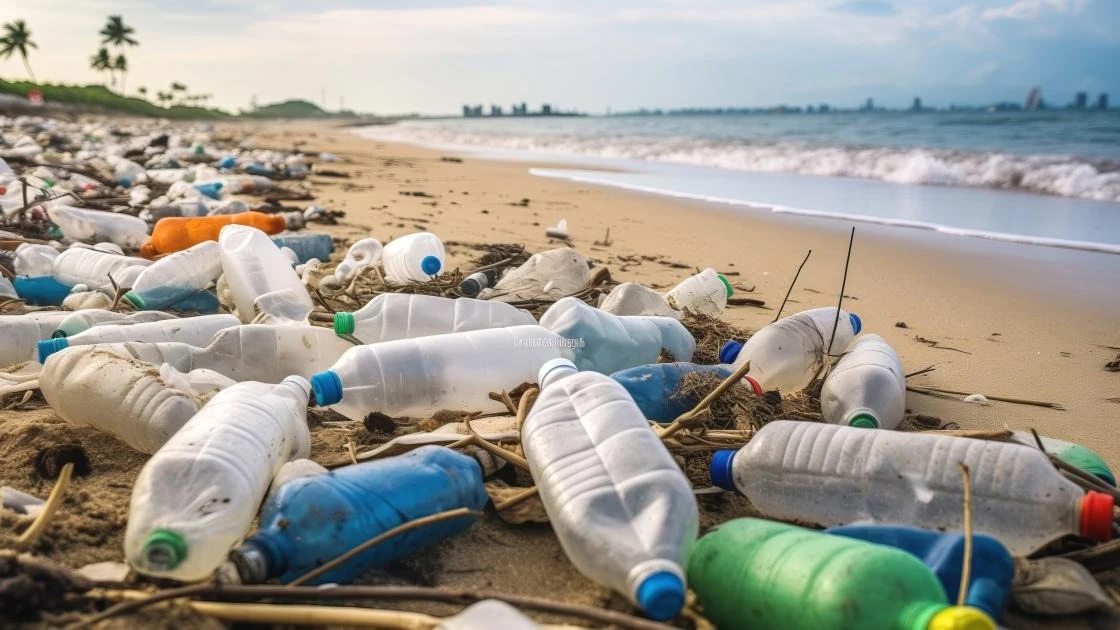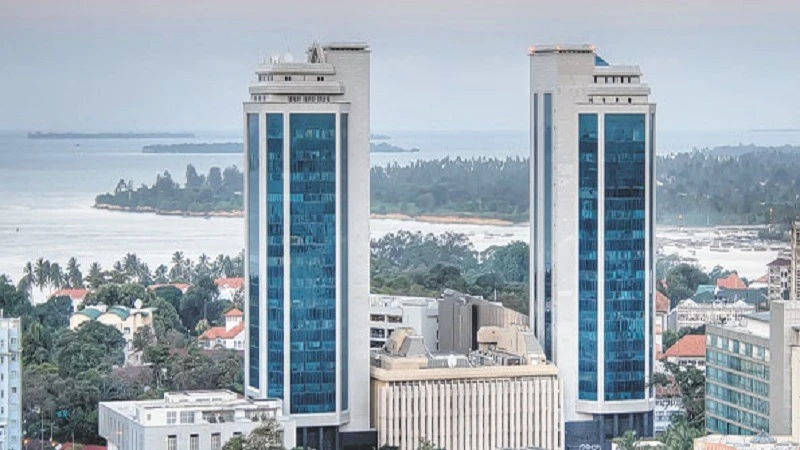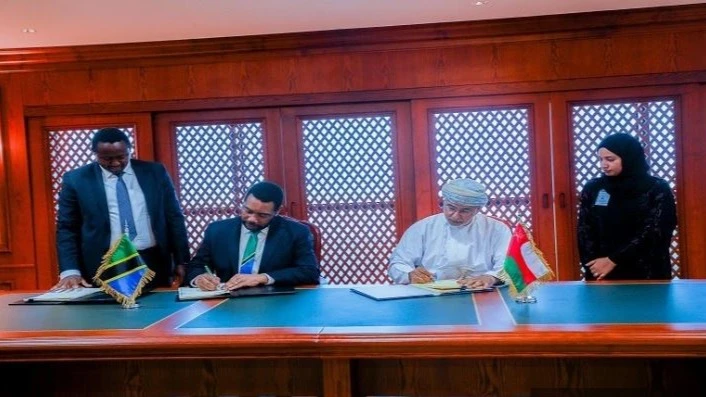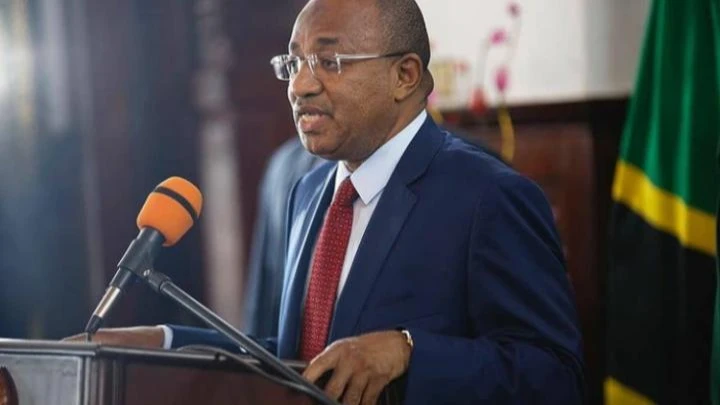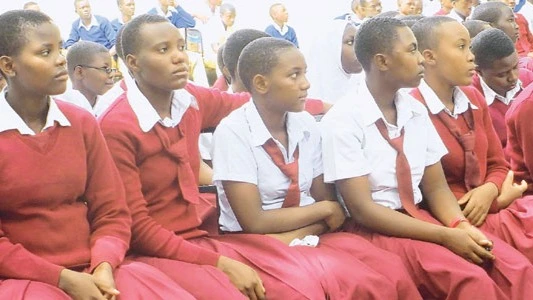African states backsliding much less from coups than from lack of reform
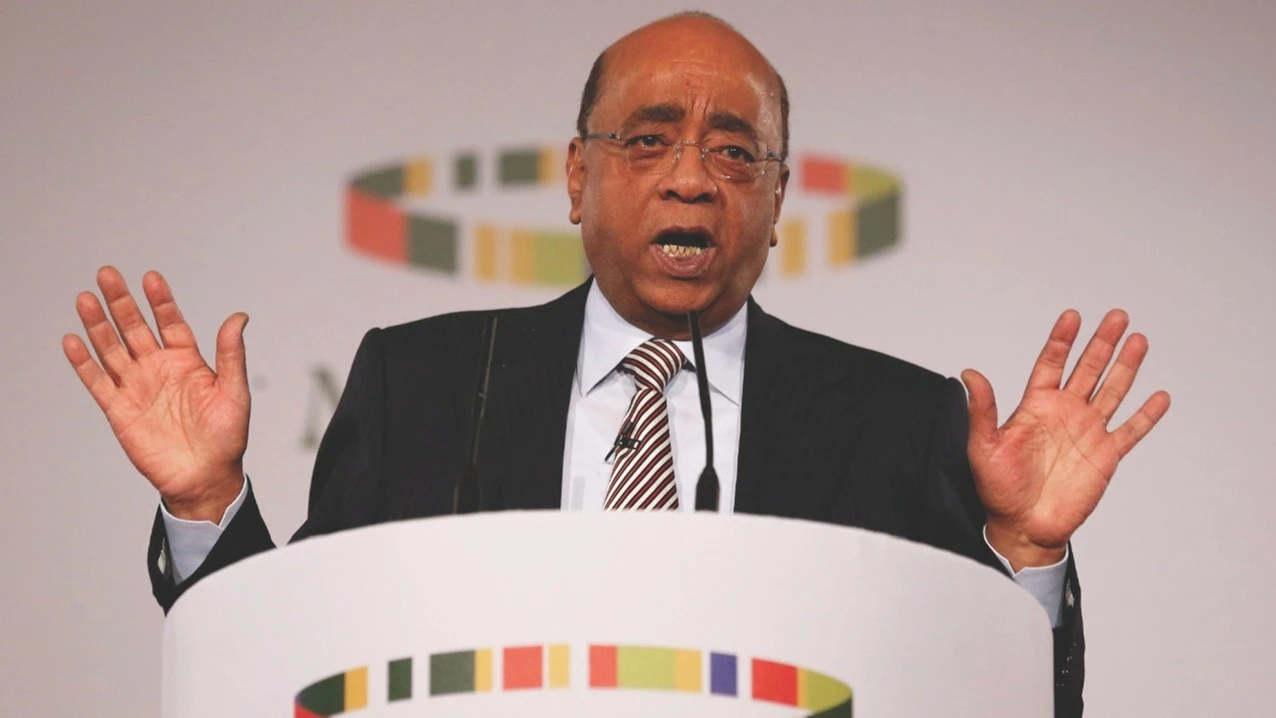
GLOBAL reports by the World Bank and the International Monetary Fund alongside their allies among agencies of the United Nations and a number of major foundations or philanthropy groups have during the past few decades been providing a barometric expression of ‘what there is’ around the world.
Africa has a rather special position in the regular taking of temperature as it is on the one hand open to Western (or global) expectations in terms of socio-political change, and also durably incapable of fulfilling those dreams.
This makes one recall an ironic French expression that translates as ‘the more it changes, the more it remains the same’.
A recent report by the Mo Ibrahim Foundation, a philanthropy stakeholder, says that nearly half of Africa’s people live in countries where governance has worsened over the past decade.
Going by the report, the people in question face worsening insecurity which erodes progress as, despite positive movement in 33 countries, overall governance was worse in 2023 in 21 countries.
The Ibrahim Index of African Governance results are not surprising to anyone. They provide a grim reassurance that this isn’t just a local failing but an Africa-wide trend.
Of course, each country has its own political dynamics and no one just crudely imitates a coup, a civil war or assassination attempts. It follows in a logic of survival, when the contesting parties fail to agree on rules of political contest and pursue change – or stability.
For instance, Sudan slid into civil war when the military leadership was ready to allow basic democratic institutions to work and end years of public demonstrations and economic stagnation.
The other side, the former presidential guard or auxiliary support forces, demanded that the habits of the old military regime removed by popular demonstrations over economic decline and lack of opportunity remain in place.
The foundation talks of backsliding and conflicts, identifying the root causes as despair and lack of positive expectations driving people to revolt, in which case this situation causes conflicts.
In turn, managing such conflicts often makes civilian government ineffectual, tied to procedures where those in the streets find unhelpful to their cause.
The way conflict or unrest is ignited has much to do with how Africa has attempted to stabilise formal democratic states, often by overpaying civil servants to ensure their loyalty.
There is no consensus among critics as to whether the Mo Ibrahim Foundation Report clearly knows what the problems might be, only raising concern on poor governance fostering violence and instability.
For instance, the report says that if there is deterioration in governance, if there is corruption, if there is marginalisation...people will pick up arms.
However, but it to the reader to figure out how to end poor governance, or stop corruption. One reason for this could be that Western activists and their colleagues in Africa regard democracy as a code of conduct in politics tied to a good constitution but without the requisite economic structures.
Top Headlines
© 2025 IPPMEDIA.COM. ALL RIGHTS RESERVED






